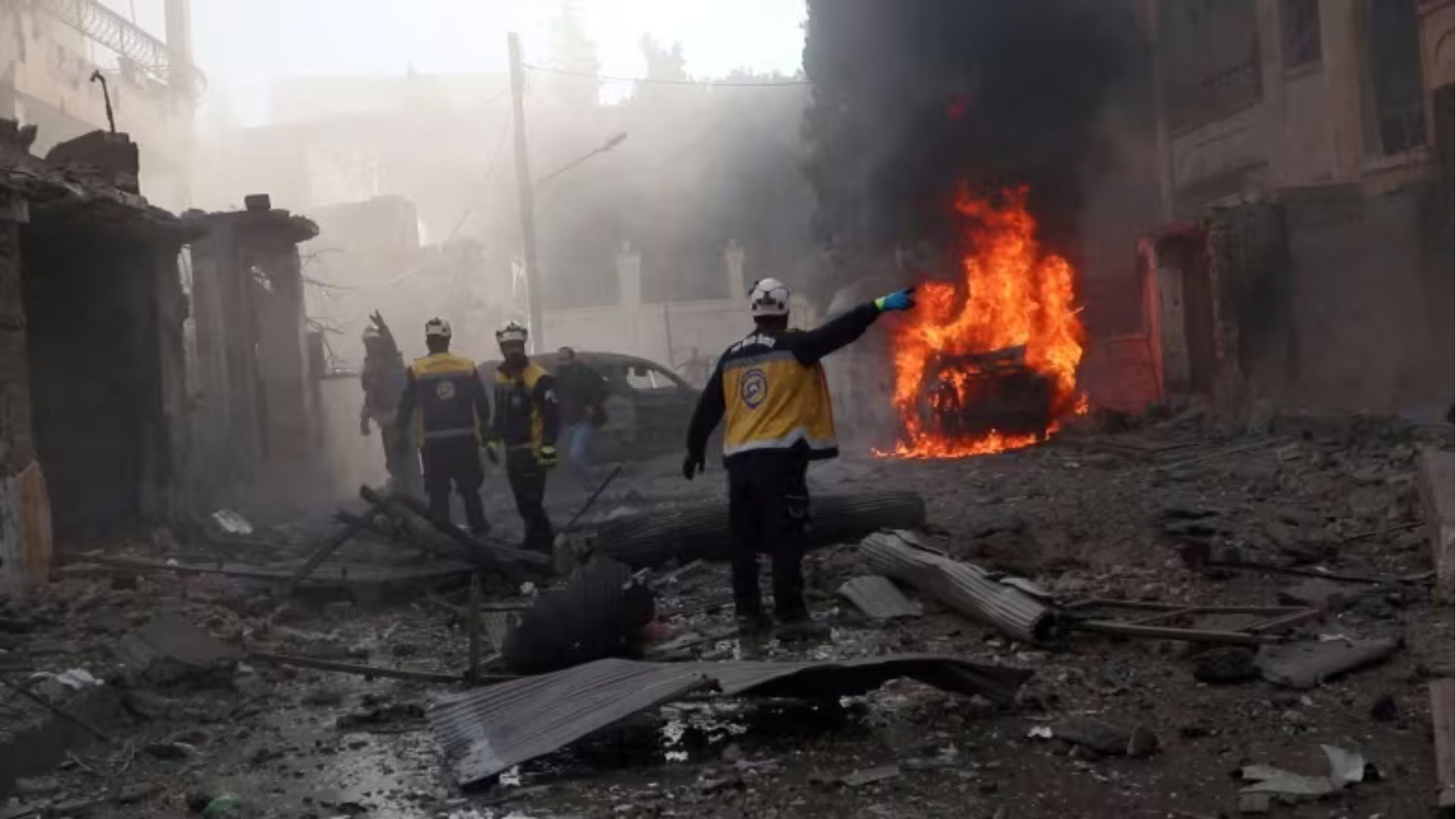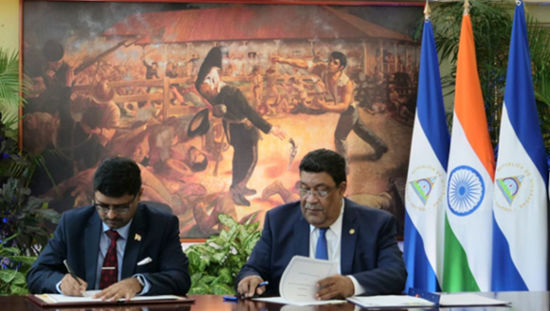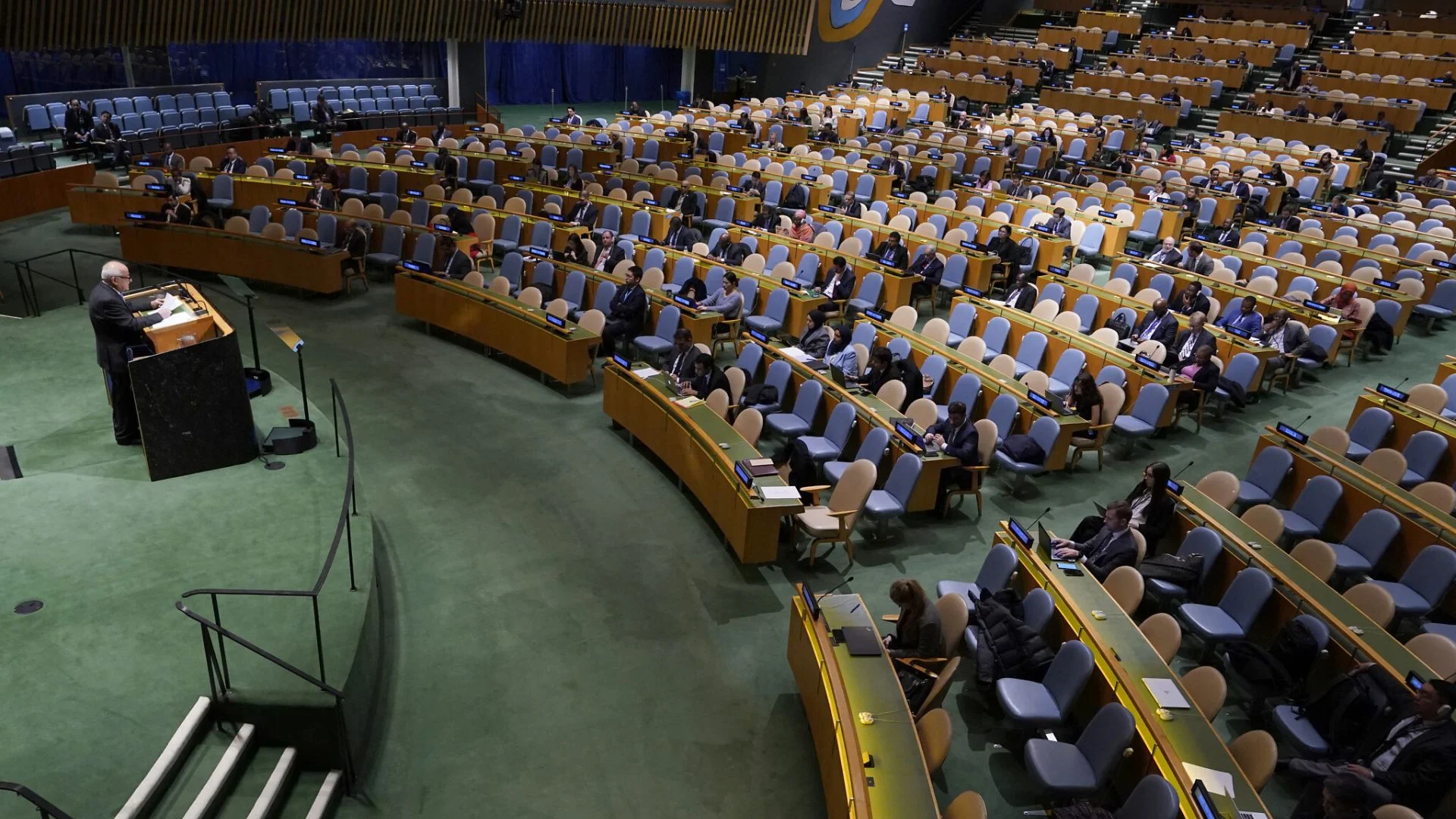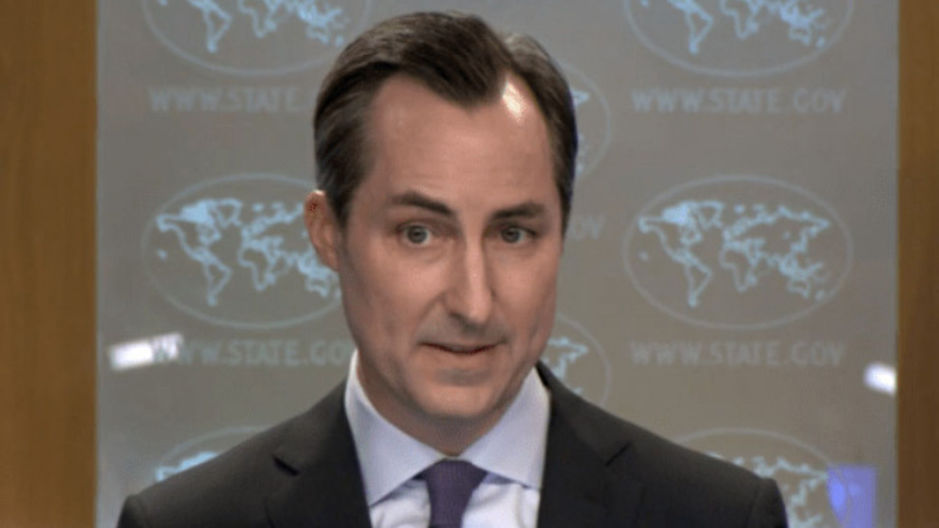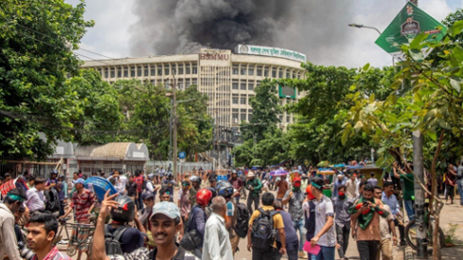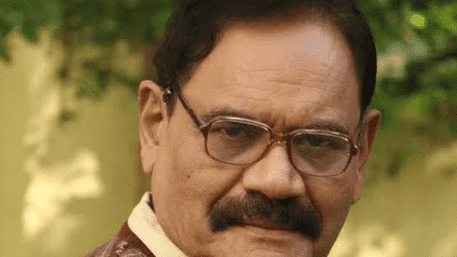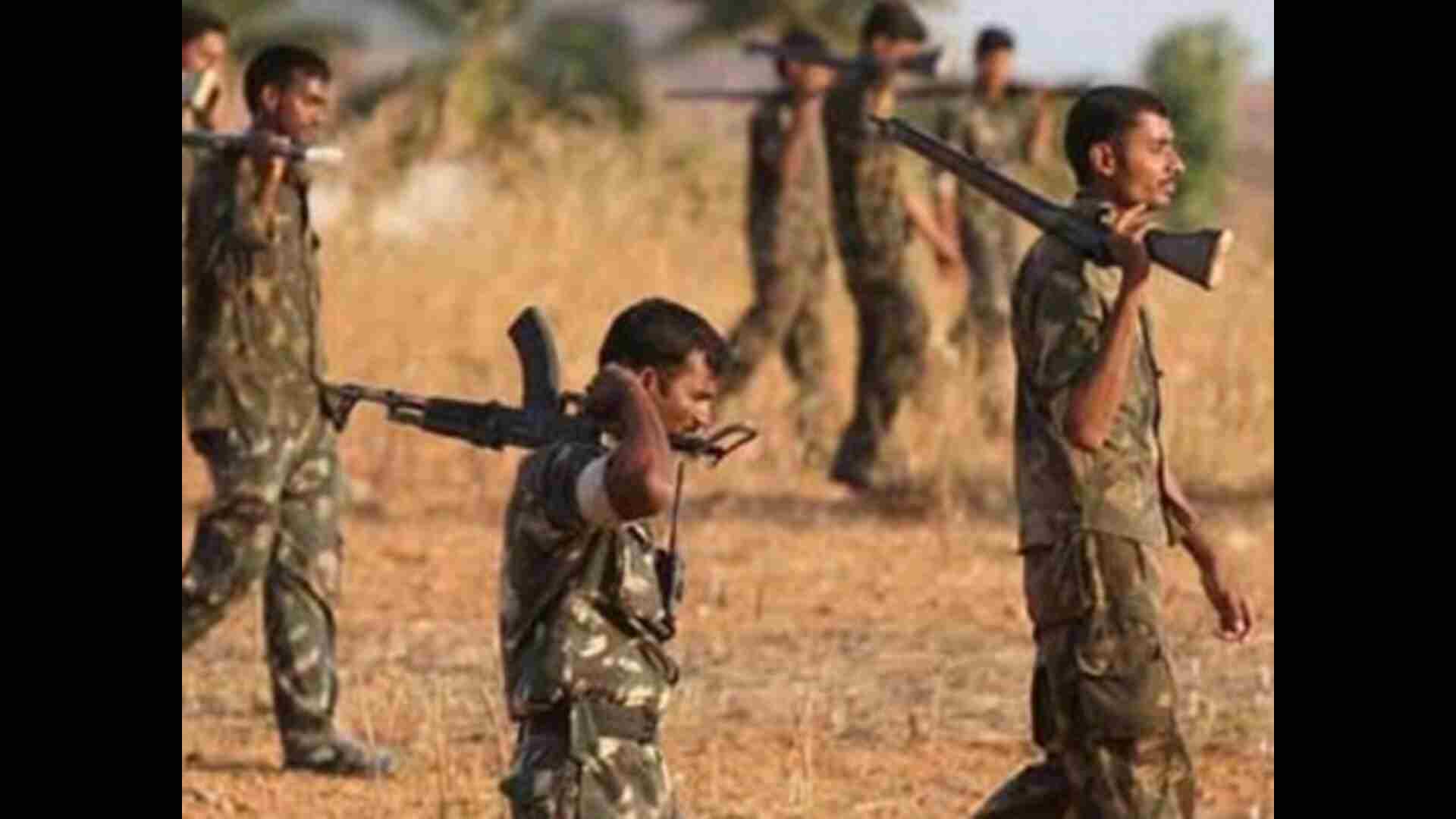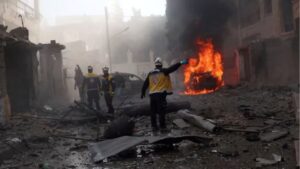Hundreds of fighters from Iran-backed Iraqi militias crossed into Syria late Sunday to support government forces after rebels seized Aleppo last week, military sources said. Fighters from the Badr and Nujabaa groups entered using dirt roads to avoid airstrikes and official crossings, according to Iraqi security sources.
A senior Syrian military official confirmed the reinforcements were heading to the northern front lines. This comes as Iran pledged to assist President Bashar al-Assad’s government, with Iranian Foreign Minister Abbas Araqchi stating that Tehran would provide “any support needed.”
Airstrikes Intensify as Rebels Hold Ground
Syrian and Russian warplanes escalated airstrikes in rebel-held northwest regions on Monday, targeting residential areas and camps for displaced people. Seven civilians, including five children, were killed in an attack on a camp in Idlib province, according to rescue workers.
The rebel advance last week marked Assad’s biggest setback in years, reigniting conflict in an area where front lines had been stagnant since 2020. The Syrian military has since launched counteroffensives to reclaim towns near Aleppo and Hama.
Iranian-backed militias, including Lebanon’s Hezbollah, have long supported Assad’s forces, while Russia’s involvement since 2015 has been pivotal in shifting the war’s trajectory. Although Moscow remains active in Syria, its focus has partially shifted to Ukraine since 2022.
Meanwhile, the U.S. and UAE have reportedly explored lifting sanctions on Syria in exchange for Assad cutting arms supplies to Hezbollah. These discussions preceded the recent rebel offensive, sources said.
Turkey, which backs some Syrian rebel groups, has advanced into Kurdish-held territories in northern Syria. The Turkish-backed Syrian National Army reportedly captured Tel Rifaat and is making further gains, according to Turkey’s Anadolu news agency.
In Aleppo, Kurdish YPG forces were seen withdrawing from Sheikh Maqsoud district under a reported deal with rebel factions. Turkish Foreign Minister Hakan Fidan called for compromise among Syrian opposition groups while dismissing claims of foreign intervention behind the rebel successes.
Risks of Escalation
The renewed fighting raises concerns of further destabilization in the region, already grappling with conflicts in Gaza and Lebanon. Millions of Syrians remain displaced, and the involvement of multiple regional and global powers continues to complicate prospects for resolution.
Opposition leader Hadi al-Bahra, based in Turkey, said the rebels aim to force Assad into negotiations for a political transition. “We are ready to start negotiating tomorrow,” Bahra stated at a press conference.

